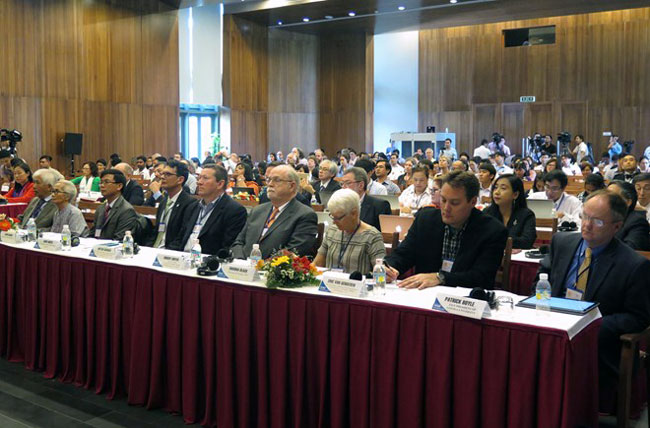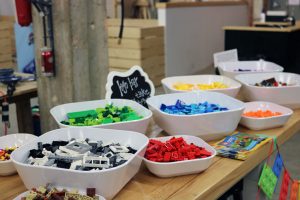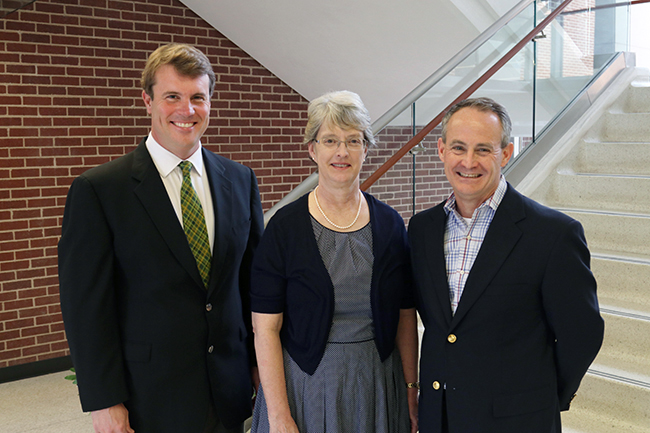A Love Letter from Coho Menk’s Family
Dear Baylor Family and Waco Community,
In August 2012, Coho Menk stepped into the unknown – the State of Texas, the town of Waco, and the adventures waiting at Baylor University. It was a memorable first day at Baylor with the anticipation of starting college, the move to Penland Hall, the raging heat of the day, and greeting new friends. Everything about this new experience was going to be quite a change for this Minnesota ice and snow lover.
Coho thrived at Baylor, spiritually and socially. He excelled as a student and was a loving brother of the Alpha Tau Omega fraternity and a member of the Baylor Men’s Soccer Club. He became a youth minister at a local church, participated in Sing, and experienced the study abroad program with Baylor Business in Europe. Coho spent holidays with friends in and around Texas, all of whom welcomed him.
Coho graduated with a degree in neuroscience on May 13, 2016, a most joyful day. Graduation weekend was filled with the chaos of moving out of his house, graduation parties, and final visits to local hot spots including Shorty’s, George’s, the Hilton, and Torchy’s. During the move, Coho gave away many of his possessions and said his goodbyes to all in his Baylor Family.
Coho returned to Minnesota on May 16, 2016. He had been awarded a scholarship to study abroad by the State Department and planned on possibly pursuing an internship in Central America, then returning to Dallas to live and work. Coho was relieved to have graduated and was ready to welcome the future. Coho polished up his résumé and reconnected with his wide reaching network of friends in the Twin Cities over his first few days at home.
On May 19, 2016, Coho died as a result of complications related to an epileptic seizure. Coho was home in Minnesota, happy, full of anticipation, and overflowing with faith. He had said his goodbyes to staff and friends and to his beloved Baylor and Waco. A chapter was finished; the best ending had arrived. By his side was C.S. Lewis’ Book, Mere Christianity.
Through our despair, we are able to find joy and peace in the loss of Coho who lives on with us and in Heaven. Coho was a Child of God who had an infectious smile and laugh and who cared passionately for others. Coho’s final act of giving on earth was his gift as a donor, helping 60 families. Coho lives.
We are profoundly grateful for everything the Baylor staff, administration, students, and alumni have done for our family. Thank you for the lovely memorial service on campus and for the honor of placing Coho’s name on the memorial fountain. Thank you all for your thoughts, prayers, and especially for the impact so many of you made on Coho’s life. We also graciously thank the Baylor Family for the continued support, kindness, and empathy extended to Coho’s sister, Britta, a Baylor junior majoring in communications.
Finally, we deeply appreciate Coho’s brothers at the ATO fraternity who recently honored Coho. The proceeds from the ATO annual Bed Races Fundraiser benefit CoHOPE, the nonprofit started in memory of Coho, spreading Coho’s spirit and legacy of hope, joy, faith, giving, and service.
To all who knew Coho, to all who supported, sponsored, and participated in the ATO Bed Races, and to our beloved Baylor Family, we extend our deepest, heartfelt gratitude. Baylor is our home and will forever live in our hearts.
The Family of Colton Hovey (Coho) Menk:
Beth, Roger, Spencer, Britta










